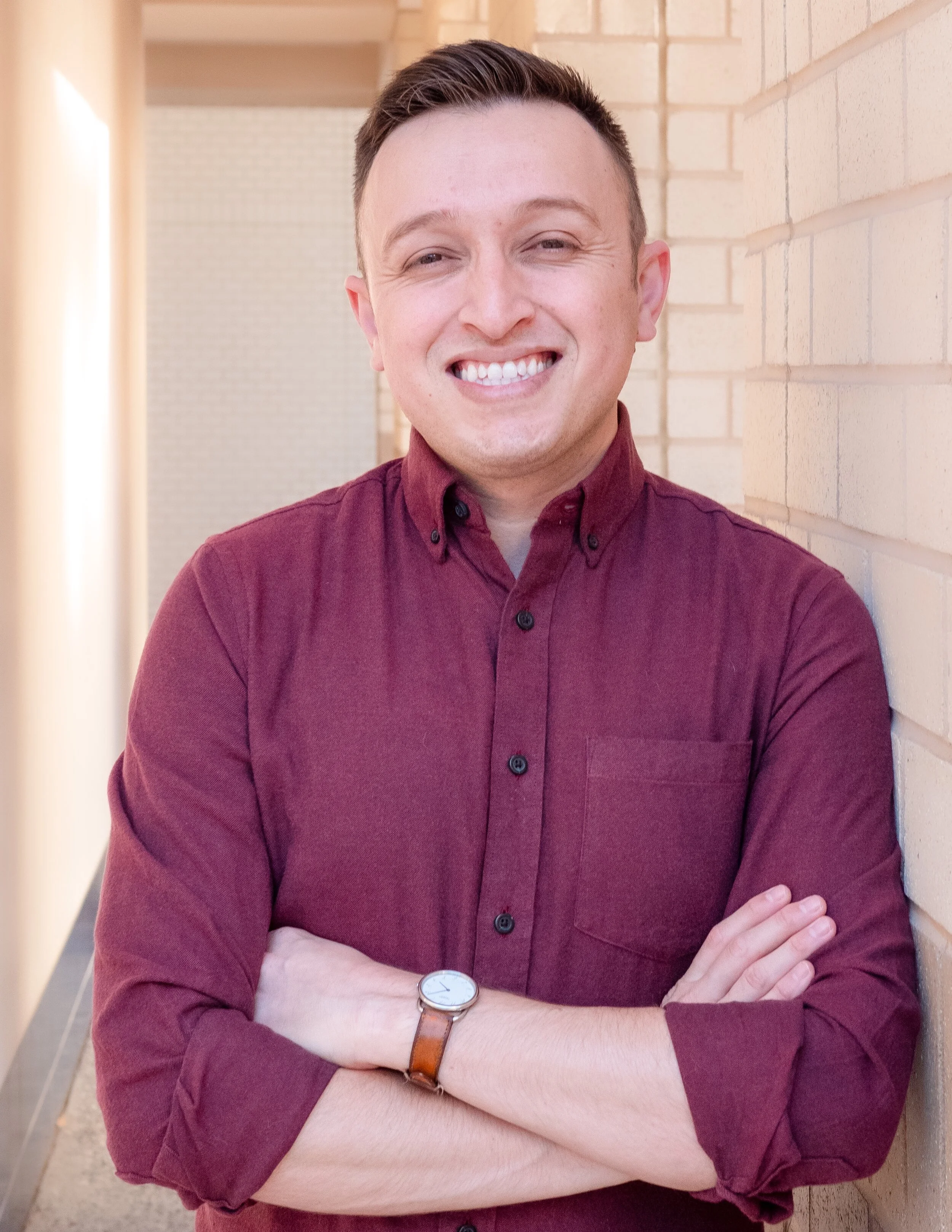Qualitative Sociologist specializing in international migration, race/ethnicity, and law.
PROFESSIONAL OVERVIEW
Hi, I’m Jozef. I am a sociology Ph.D. Candidate at the University of California, Irvine. The focus of my research agenda is to explore issues of immigration, race/ethnicity, and law through a variety of research methods, particularly emphasizing interview and ethnographic methodologies, to gain a nuanced understanding of their societal impacts. At the core of my research is the idea that racial and legal categories are not neutral labels: they are dynamic, social and historical formations that organize the terms of social life. These categories are learned, internalized, resisted, and negotiated in daily interactions—and they structure not only institutional outcomes but also people’s inner worlds: their fears, hopes, identities, and sense of what is possible.
My work has been published in the Journal of Ethnic and Migration Studies, Critical Sociology, and Border Criminologies, and has received support from several grants and fellowships, including those from the American Sociological Association and the Russell Sage Foundation. My work has also been honored with the Cristina Maria Riegos Student Paper Award by the ASA Latinx Sociology Section, and received additional recognition and support from the Law and Society Association, the Ford Foundation (Honorable Mention), and the Institute for Humane Studies.
My dissertation, “The Transformative Effects of U.S. Immigration Law Post Legal Status Regularization: A Comparative Analysis,” examines how formerly undocumented Mexican and South Korean immigrants experience shifts in their social, emotional, and legal lives after gaining lawful status. Drawing on in-depth interviews and ethnographic observations across California and Texas, I argue that legalization transforms individuals’ relationships with state institutions, their understandings of racial identity and hierarchy, and their everyday social landscapes across different socio-political contexts. My dissertation is advised by Dr. Irene Vega and guided by a committee including Dr. Rocio Rosales and Dr. Julia Lerch. This work was also recently featured by the UCI School of Social Sciences.
Looking ahead, my research will continue to interrogate how racialization, immigrant illegality, and immigration law intersect—within the United States and across borders—to produce unique and stratified forms of exclusion that structure the lives of differently racialized immigrant groups.
PERSONAL JOURNEY
“As I began to establish my life as a young adult in the U.S., I began to more fully grasp what it means to be undocumented in the U.S. I graduated from high school in 2006 and immediately began pursuing higher education. Ultimately, school became too much to juggle with work, and my own feelings of failure sabotaged my efforts to overcome academic obstacles, leading me to drop out. My master status as an undocumented immigrant meant that establishing a career rather than just a job in the U.S was quixotic, which perpetuated the thought that my education would not matter. In 2013, through the Deferred Action of Childhood Arrivals (DACA) program, I was granted the ability to work and establish a life in the U.S. without constant fear of deportation. With the difficulties of being undocumented partially eliminated, I gained a new sense of confidence in my abilities to succeed in the country I call home. I returned to community college with renewed determination. Today, I hold two Associate degrees in social sciences with Honors from Santiago Canyon Community College, a Bachelor’s degree in Sociology, with President’s Honors, from California State University, Long Beach, and a Master of Arts in Sociology, with graduate distinction, from California State University, Fullerton. I am currently on track to graduate with a Ph.D. in Sociology from the University of California, Irvine. Along the way, I received my lawful permanent residency in 2022 and US citizenship in 2025.”
-
Ph.D, Sociology
University of California, Irvine
In Progress | Expected 2027

-
MA, Sociology
California State University, Fullerton
2021

-
BA, Sociology
California State University, Long Beach
2019

-
AA, Liberal Arts
Santiago Canyon College
2017

